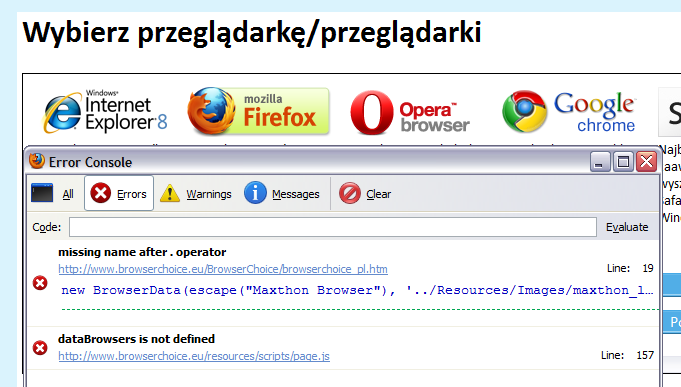I am occasionally asked, what is the correct name of the ODF standard? Is it “OpenDocument Format”? Or is it “Open Document Format”, with a space between “Open” and “Document”?
I’d like (hopefully) to clear this up.
The naming decision happened back in 2004. At that point Sun had contributed their specification for the OpenOffice XML format to OASIS, and a new TC was using that specification as the basis for developing a new standard. But what should the new standard be called?
Some wanted it to be called “OfficeDocument”, emphasizing its primary scope of use. Others wanted to call it “OpenDocument”, making its openness (a new thing in the office-document world at that time) more central, and acknowledging that its applicability was for more than just office editors.
So, as only a committee can do, a compromise was forged incorporated both ideas. The resulting official name of the standard became, “OASIS Open Document Format for Office Applications (OpenDocument)”.
If you are citing the standard for official reasons, that is the name to use. (Or the ISO name which is even longer). But clearly, that name is too long for casual use, or even use in technical writing, so we need a shorter, more convenient name. I’ll note the terms I’ve seen used, as well as my personal thoughts on whether they are a good idea:
- ODF — This is what you’ll hear it called in OASIS, where the term is unambiguous. However, in other circles ODF can mean other things, from “Organ Donation Foundation” to “Oregon Department of Forestry”. So, in writing, even on this blog, I will typically use a longer form first, and only then use the acronym. This is also more search-engine friendly.
- Open Document Format — This is certainly always correct and is my preferred longer form.
- OpenDocument — This is also correct, the short name explicitly given in the standard. We use it, for example, in the registered MIME content types for ODF. I tend to see this more used to refer to the technology rather than the format itself. So, “OpenDocument applications” or “OpenDocument toolkits”. But if I had omnipotent powers, I’d eliminate this short name and make the short name official “ODF”.
- OpenDocument Format — This is less correct, using the official short name and then appending a proper case “Format” after it. It is hard to justify, but it does occur in many places.
- OpenDoc — This is absolutely wrong. OpenDoc is the name of an unrelated technology Apple developed in the 1990s.
When the IBM Terminology group contacted me on this (and yes we apparently have such a group) my advice to them — and I commend the same to you — is:
- When citing the standard, use the official name “OASIS Open Document Format for Office Applications (OpenDocument) v1.1”.
- When referring to the format in general, call it “Open Document Format” at its first use in a document, and then feel free to abbreviate it as “ODF”.
There are those who say that standards also have a THIRD NAME, a secret name that they use only for themselves. What deep and inscrutable name ODF calls itself is a matter of some speculation.
